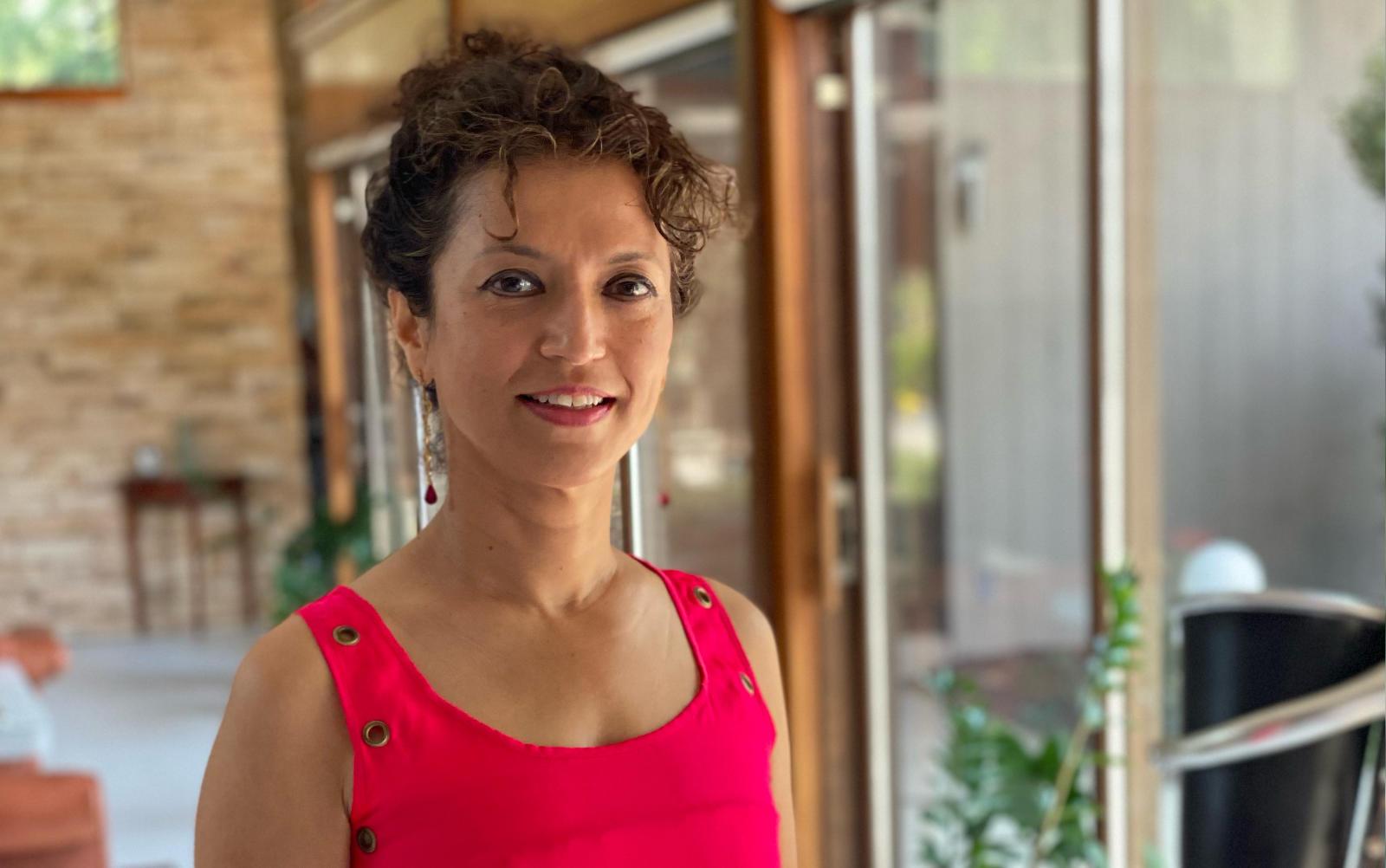Thursday, October 21, 2021
Steering the Health of Nebraska

Tags
Health and WellnessWomen set to rule the healthcare industry with a diversity of portfolios and equity in leadership at its heart.
The Women in Workplace 2019 report cited healthcare as one of the best industries for women, who make up more than 50% of the workforce. So if you are looking for diversity, equity, and inclusivity, is healthcare the undisputed champion? A 2020 report by the University of Nebraska Medical Center (UNMC) suggests it is the case in the state. Out of the 18 health and allied professions listed by UNMC in 2020, women constituted more than half of the workforce in 12 of them, including five with over 90% majority. The report recorded steady growth since 2007. So what set the pace for this transformation?
Dr. Kirti Gupta a practitioner of Internal Medicine and a board member at CHI Health, Omaha talks about how women medical practitioners in decision-making roles sparked the change.
Women's presence as nurses and assistants has been historically predominant in the delivery of healthcare at the bedside. But as the number of women graduates soared at medical schools, surpassing men, Kirti calls it new dawn in the healthcare sector. Quite similar to her career path, these women graduates are instrumental in making healthcare management and policy development to be more equitable and diverse.
"I was trained to be a clinician but I sought avenues to take part in governance and finance of the healthcare operations. As my interests grew in managerial decision-making, I joined the Board of CHI Health to help shape the trajectory of its growth and guide the policy-making process," Kirti says, reflecting back on her journey from the mid-90s when she entered medical school at Creighton.
She asserts that as more women doctors are making bedside decisions, there is a natural tendency towards wanting to improve all the professional aspects at a much larger scale. The traditional role of women as primary caregivers is expanding from the hospital or home personal care towards ancillary services. These include allied health professionals such as therapists, technicians, and other licensed practitioners. This can be witnessed in the dominant participation of women across a vast range of healthcare and allied professions. As per the State of Women-Owned Businesses Report 2019, Healthcare & Social assistance constitutes 14% of women-owned businesses and is ranked as the second-largest business/self-employment sector for women in the USA.
And there is more room to grow . . . for Nebraska, the scope remains immense.
The UNMC report indicates the counties across the state facing a shortage of health and allied professionals. Kirti points out how women can leverage this opportunity, especially with the pandemic promoting the use of telehealth tools or ease of access to professional permits. She talks about how smaller groups or individual practices have become common and play a significant role in the healthcare industry.
"It has become easier to get professional liability insurance for self-employed people. Also, there is still a marker out there that appreciates individual skills and talents. Counselors, therapists, dietitians, nutritionists, population health coaches, who rely on personal attention but don't need a physical presence, have flourished even through a pandemic."
Kirti believes this further works in the favor of women who are keen to play the dual role of homemaker and career woman. She mulls over the flexible schedules and remote operation mode of self-employment that women can put to their advantage, thus spending quality time with their families while being financially independent.
"Choosing a career path for women usually includes decisions about family life. With new work-life balance protocols, it has become much easier and this has helped encourage more active interests in health care industry leadership by women. Along with these, the ability to participate in the workforce and flexibility at work while being a primary caregiver at home has allowed more women to join the health and wellness professions."
However, the healthcare business is not as smooth a ride. Kirti cites a recent Harvard study that shows only 4 % of the healthcare companies are headed by women even though more than 50 % of the workforce in the healthcare industry are women. In today's complex healthcare setting, women still meet with resistance in leadership roles for the same qualities that are lauded in men. Furthermore, combating harassment and bias remains a challenge even today. Making sure organizations have policies to support maternal health and child care is an ongoing challenge. Kirti remarks on facilities such as special lactation rooms for breastfeeding mothers or daycare still being exceptions, not the norm. She contemplates the intersectional role which can be played by women leaders in healthcare, bringing in unique viewpoints to shape public health and human resource management policies, in addition to the important role of primary caregiving.
"Qualified individuals are always desired in any leadership position. To be held back due to any discriminatory practices is harmful to any industry. There is a role for representation of all stakeholders in healthcare organizations, especially with women who tend to exhibit higher EQs and foster greater teamwork. This has resulted in making policies that are more equitable."
Subscribe to Heartland Webzine
You can subscribe to Heartland Webzine using the button below.
